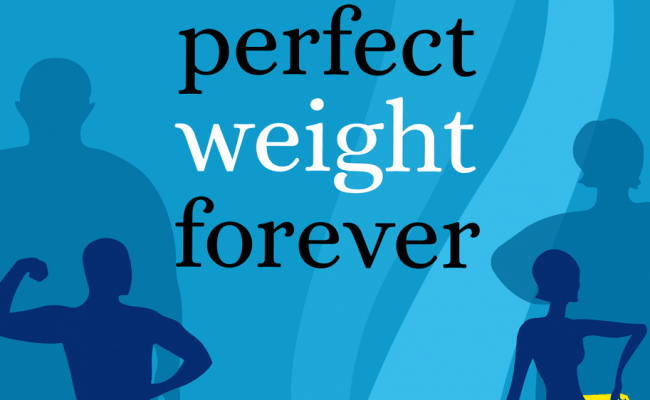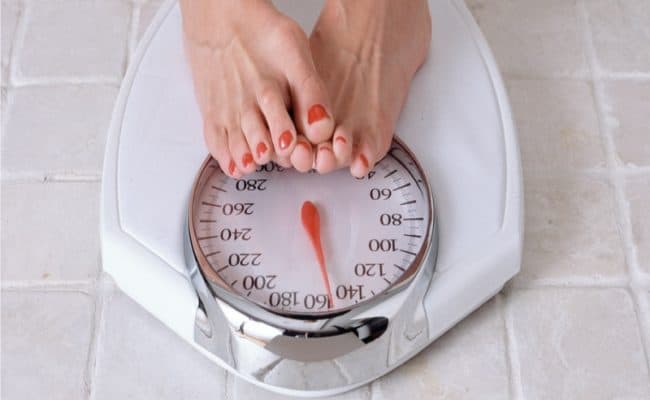
The HCG diet is a controversial diet that has been popular but questionable if it actually works and is safe. HCG stands for Human Chorionic Gonadotropin, a hormone released in pregnant women. The HCG diet consists of getting drops or injections of HCG daily and following a very low calorie diet.
The HCG diet surfaced in the 1950’s when a physician noticed obese patients were able to shed stubborn fat pockets when given small doses of HCG. However, these patients were also following a very low calorie diet.
Before you decide to try the HCG diet, read about the safety and efficacy issues with this protocol. HCG is used to treat fertility issues, but it is not recommended from the FDA for a weight loss program. Here is a closer look at some of the safety issues relating to the HCG diet.
Does the HCG diet work?
Many people claim to lose weight following the HCG diet, and sometimes people claim they lose drastic amounts of weight- like 30 pounds in 30 days. This weight loss amount may not be the norm, but there is a reason people lose weight on the HCG diet.
The HCG diet suggests eating 500-800 calories per day, which is extremely low. The diet suggests most of the calories come from lean proteins and vegetables. Almost anyone eating this few calories per day will lose weight; it has nothing to do with getting injections of HCG.
The HCG diet claims that getting HCG injections or taking it in some other form will suppress appetite so you won’t want to eat more than that. The diet also claims the HCG will target hard to get rid of fat areas. However, there is no evidence to suggest the HCG when taken for weight loss actually does any of these claims.
The main reason people lose weight is because the diet is so low in calories. However, after someone stops the protocol for the HCG diet, the weight will come right back on. Sometimes even weight gain can happen after following a fad diet like the HCG diet because eating a very low calorie intake will slow your metabolic rate.
FDA guidelines
HCG sold over the counter for weight loss is a violation against the FDA and FTC (Federal Trade Commission). Any companies that sell HCG products as homeopathic weight loss supplements are making unsubstantiated claims and are selling unapproved products.
There are no FDA approved HCG weight loss products, but HCG injections may be used for some infertility problems when prescribed by a physician. The FDA also cautions that anyone following a very low calorie diet, like suggested by the HCG diet, should be monitored by a physician.
If a physician prescribes HCG for fertility reasons, it is not advised to use the prescribed HCG for any other reason including weight loss. This is called using a prescription for off label uses, something not intended from the physician.
If you see an HCG supplement or a weight loss product that has HCG as an ingredient, use caution. This is actually in violation to the FDA and any weight loss claims are not backed by research.
Other safety concerns
The FDA has received some reports from people taking HCG for weight loss that had serious complications and reactions. If you take HCG without medical supervision, some serious side effects such as pulmonary embolism, depression, cerebrovascular issues, heart failure or death.
If you are taking an HCG product, the FDA recommends stopping taking the supplement immediately, stopping the very low calorie diet and dispose of the product. If you think you have any symptoms from using HCG, seek medical attention immediately.
Safety concerns from following a very low calorie diet can include increased risk for: gallstones, irregular heartbeat or an imbalance in electrolytes that could affect muscle or nerve function. Physicians may sometimes prescribe a very low calorie diet, but they monitor the patients closely. Following a very low calorie diet on your own could be risky.
A healthier option for weight loss is increasing your exercise, eating nutrient dense foods and aiming for goals that are long term not just for a few weeks.
Conclusion
The HCG diet has been around since the 1950’s, and still tends to be a popular fad diet despite safety and health concerns. HCG can be prescribed to women or men with fertility issues, but it is not recommended to take HCG drops or injections for the purpose of weight loss.
There is not research behind the claims that HCG can help you lose unwanted fat stores. If people lose weight following the diet, it is because of the very low calorie intake not because there is something beneficial from the HCG.
The FDA and FTC do not recommend people take supplements or injections of HCG for weight loss purposes, and there could be serious side effects that some may experience.
References used in this article










